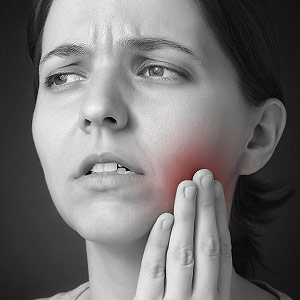As with the rest of the body, tooth pain is an indication that something’s wrong. While the exact cause requires a dental exam, the location, quality and duration of the pain could narrow the possibilities. With that in mind, here are 3 types of tooth pain and what it might be telling you.
Sensitivity. Pain or discomfort when you eat or drink cold foods or bite down could mean you have a small area of decay in the tooth, a loose filling or an exposed root surface from gum recession. Dental work to repair a decayed tooth or filling could alleviate the pain; in the case of gum recession, you may need to reduce overaggressive brushing or seek treatment for periodontal (gum) disease, the two main causes of the condition.
Dull or lingering pain. A dull ache in the rear sinus area could indicate a problem with a back tooth — they share the same nerve pathways as the sinuses, so you may be feeling referred pain. In the case of lingering pain after eating or drinking something hot or cold, there may be decay within the inner pulp chamber of the tooth that’s damaging or even killing the nerve tissue. If so, a root canal treatment might be in order.
Sharp pain. That sudden, excruciating pain when you bite down could mean you’re experiencing advanced decay, a loose filling or possibly a cracked tooth. If the pain seems to radiate from the gums — and they’re swollen and sensitive — you may have developed an abscess brought on by periodontal (gum) disease. In all these cases, appropriate dental treatment like decay removal and filling, root canal treatment or plaque removal may be necessary, depending on the cause and extent of the problem.
Regardless of what kind of pain you’re feeling, you should see us as soon as possible — in many situations waiting will only make the problem worse. The sooner we discover the cause, the sooner we can begin the right treatment to solve the issue and alleviate your pain.
If you would like more information on the causes and treatment of tooth pain, please contact us or schedule an appointment for a consultation. You can also learn more about this topic by reading the Dear Doctor magazine article “Tooth Pain? Don’t Wait!”



